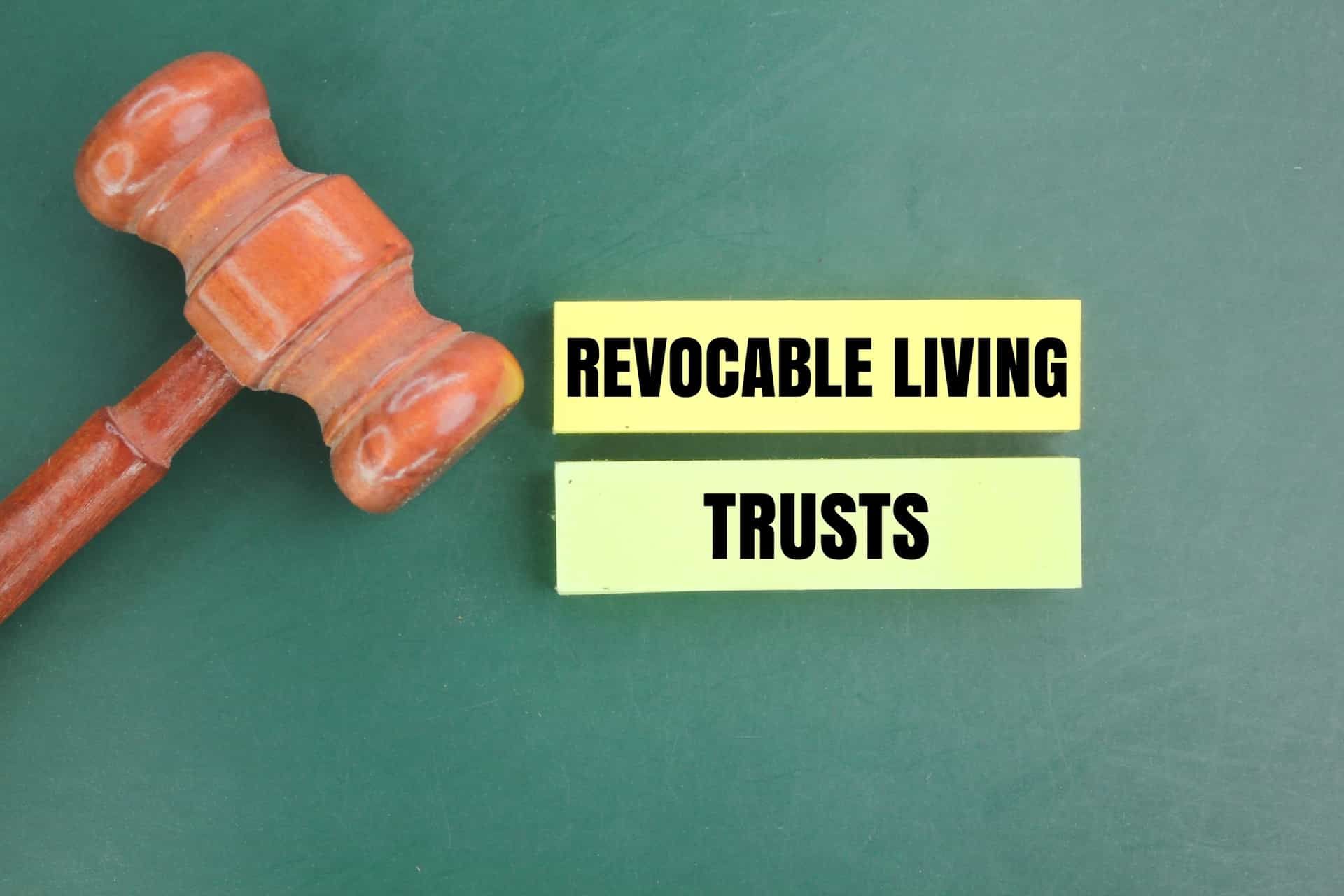Are Gifts to Caregivers Presumptively Void in Illinois

By: Nicholas P. Hoeft
Yes, but not universally as transfers to caregivers will only be void when said transfer is made to a non-family member caregiver and only if the transfer is made on or after the transferor’s death and if the fair market value of the property exceeds twenty thousand dollars ($20,000.00).
Beginning in January 2015, Illinois enacted a new law ( Ill. Comp. Stat. Ann. § 5/4a ) designed at preventing individuals from being taken advantage of by the same people they depend on each day, their caregivers (“new law”).
Pursuant to 755 ILCS 5/4a et seq. and for transfer instruments executed after January 1, 2015, there is a rebuttable presumption that a transfer instrument is void if it transfers property to a caregiver on or after the death of the deceased individual (“decedent”) and the property has a fair market value in excess of twenty thousand dollars.
Although it would appear at first glance that the new law prevents a decedent from giving gifts to a loyal caregiver upon his or her death, but that is not the case and that was not the intent of the Illinois legislature when enacting this protective measure. Illinois decedents are still free to give their property to caregivers upon their death even if it must be done according to the parameters of this new law to ensure that the gift is actually valid.
First, it is important to recognize that transfers to family member caregivers are not presumptively void no matter the amount. That means a decedent may leave gifts of any amount to a spouse, child, grandchild, sibling, aunt, uncle, niece, nephew, first cousin, or parent without any worry about the validity of the transfer (validity with respect to the new law only).
Second, the gift must be in excess of twenty thousand dollars to be presumptively void. If a gift is exactly twenty thousand dollars or less than said threshold then it will not be affected by the protections of this law. Therefore, a decedent may still give up to twenty thousand dollars to any caregiver without needing to work with an attorney to structure the transfer such that the caregiver would have the ability to rebut the presumption the transfer was void if challenged.
Third, the transfer must be made on or after the Decedent’s death. If the transfer instrument is an instrument which takes effect upon the decedent’s death such as a will, trust, deed, payable on death designation, contract, transfer on death designation, joint account or other beneficiary designation then it will be subject to scrutiny under the new law. However, if a transfer is made to a caregiver through an instrument which is deemed to be a completed transaction prior to the decedent’s death then the gift will not be presumptively void even if to a non-family member caregiver or even if it exceeds the twenty thousand dollar threshold.
Finally, even presumptively void transfers may still be made to caregivers when the fiduciary does not elect to challenge the transfer instrument or when the caregiver rebuts the presumption that the transfer was void in the event of a fiduciary challenge.
Under the new law, there is no independent duty on any fiduciary (of any transfer instrument trustee, executor, financial institution, etc.) to challenge the validity of said transfer instrument. Simply put, a fiduciary may elect not to challenge a transfer even when the transfer instrument would be presumptively void as contesting to or effectuating the transfer would be within the fiduciary’s discretion.
However, even though a fiduciary agrees not to challenge the validity of a transfer instrument during the decedent’s lifetime, a decedent may never truly know whether a fiduciary will abide by his or her agreement and exercise his or her discretion and challenge the transfer instrument. That is why it is important to engage the services of a competent estate planning attorney when an individual desires to leave a gift in excess of twenty thousand dollars to a non-family member caregiver.
Through utilizing the statutorily granted exceptions to the presumption that a transfer is void under the new law, a competent estate planning attorney can assist individuals who desire to leave money to caregivers to prepare the transfer instrument and create a record strong enough to assist the caregiver in rebutting the presumption of the transfer being void.
The new law provides the presumption can be overcome if the caregiver proves to the court (1) by a preponderance of evidence that the caregiver’s share under the transfer instrument is not greater than the share he or she was entitled to under the decedent’s transfer instrument in effect prior to the caregiver becoming a caregiver; or (2) by clear and convincing evidence that the transfer was not the product of fraud, duress, or undue influence.
A competent estate planning attorney cannot reverse time and assist an individual in establishing a transfer instrument prior to the caregiver becoming caregiver if the relationship has already been established–which is typically the case as most transfers to caregivers occur after the caregiver has gained the individual’s trust. Therefore, the best way that an attorney can assist an individual in making an otherwise presumptively void transfer is by establishing a record that the transfer was not the product of fraud, duress, or undue influence by the caregiver on the decedent so that the caregiver will be on stronger footing to rebut the presumption that the transfer was void should a fiduciary challenge the gift or transfer.
To find out more about the potential validity of gifts or transfers to caregivers, the methods of assuring that the transfers are actually made for the benefit of the caregivers after your death or for knowledgeable assistance in developing an estate plan that benefits individuals including a trusted caregiver, please contact Jostock & Jostock, P.C.
Jostock & Jostock, P.C.
Questions: attorney@jostock.us
Legal Blog/Article Disclaimer
Disclaimer: The information on this website and blog is for general informational purposes only and is not professional advice. We make no guarantees of accuracy or completeness. We disclaim all liability for errors, omissions, or reliance on this content. Always consult a qualified professional for specific guidance.






